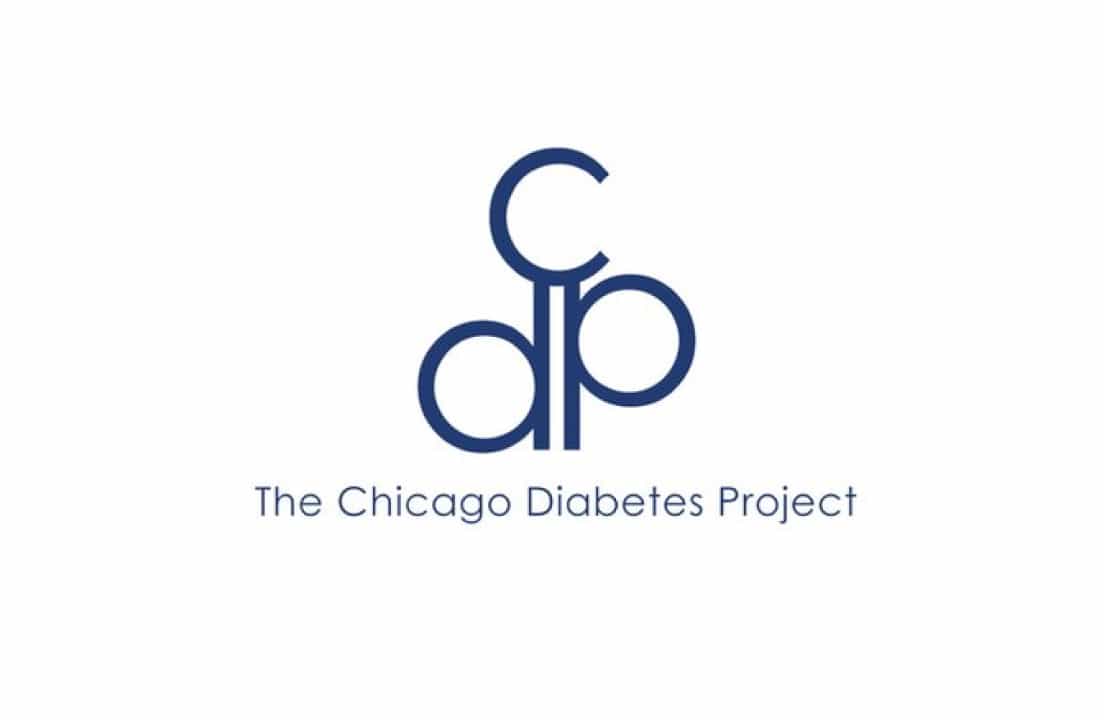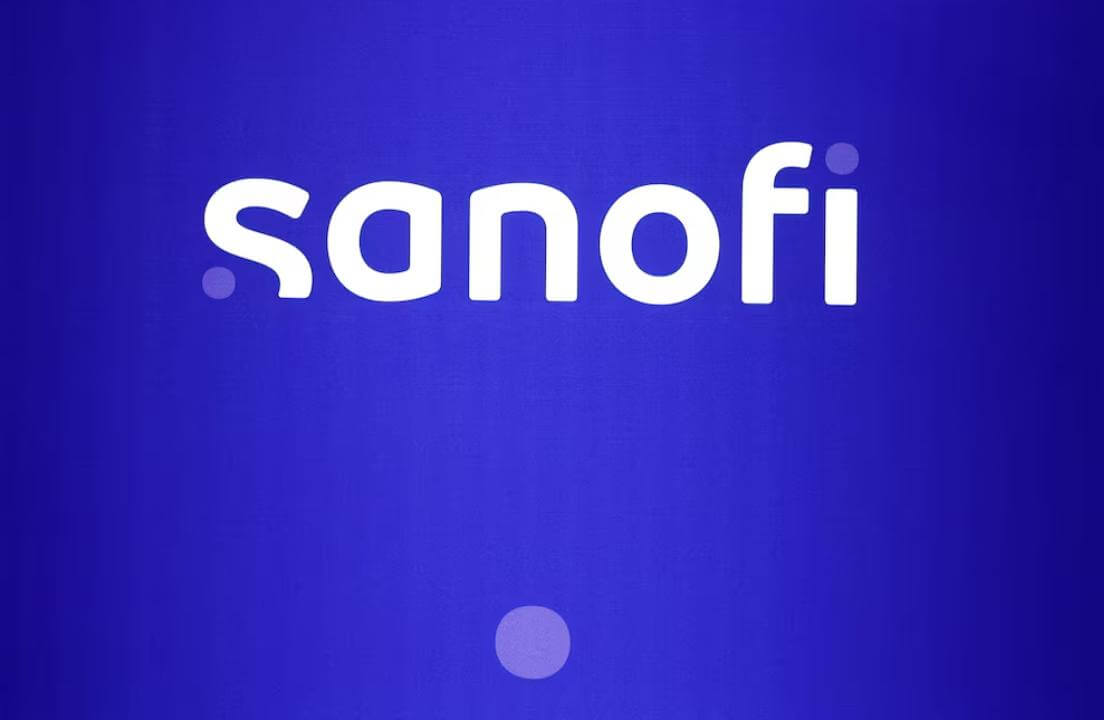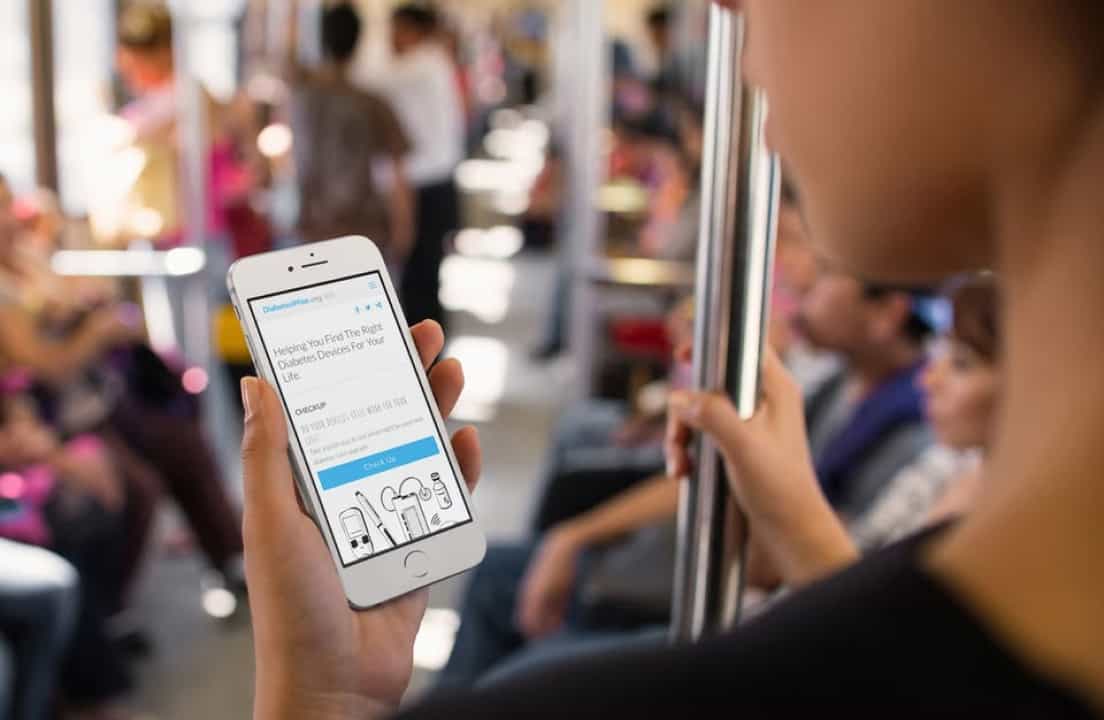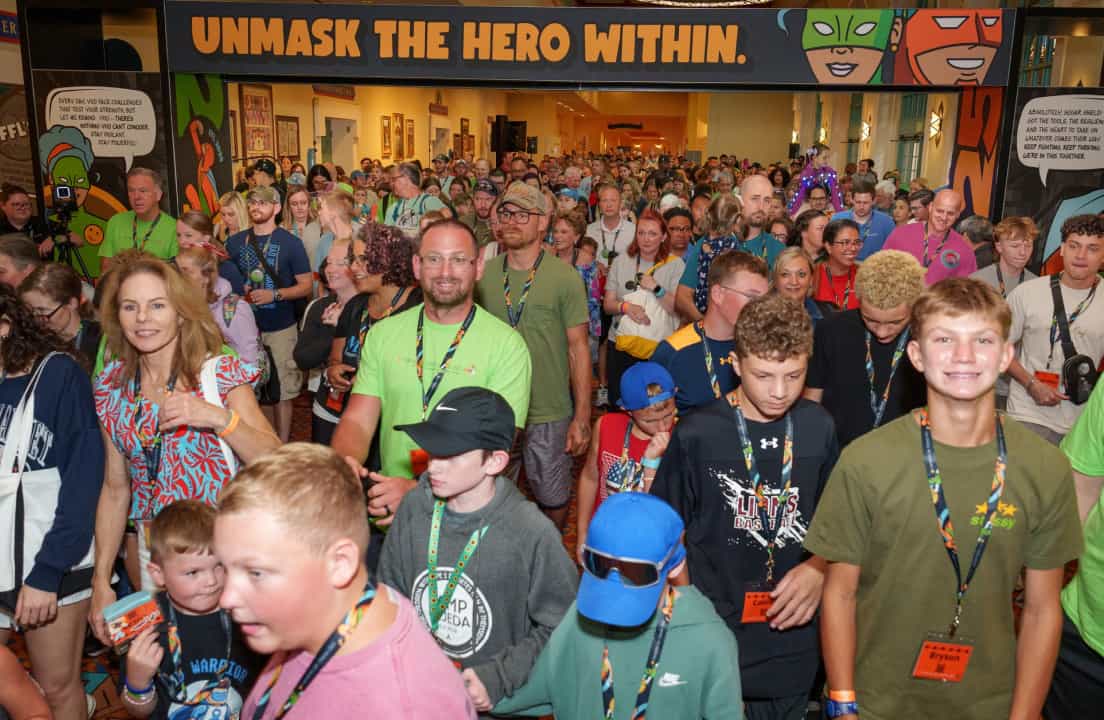T1D Guide
T1D Strong News
Personal Stories
Resources
T1D Misdiagnosis
T1D Early Detection
Research/Clinical Trials
Enable Biosciences – Transforming Early T1D Detection
As autoantibody biomarkers appear years before symptoms, Biosciences’ testing for autoantibodies can reduce rates of medical complications and potentially improve quality of life.

The Evolution of Diabetes Testing
Throughout history, brilliant minds have tried to understand the nature of diabetes and its course of treatment. From the early fifth century, physicians only knew how to test an individual’s urine for sweetness using tasters or ants.
In 1841, researcher Karl Trommer developed the first clinical diabetes test by adding acid hydrolysis to the individual’s urine sample. In 1922, developers introduced an oral glucose tolerance test (OGTT), where the patient ingests sugar, and blood glucose levels are checked two hours later.
The 1950s advent of urine test strips and 1970s blood glucose monitors blazed the way for the A1C or HbA1c test, which measures blood sugar over several months. Other current testing includes the standard capillary glucose test and fasting plasma glucose (FPG). And now, the prominent developers Enable Biosciences have created an antibody test for early detection of type 1 diabetes (T1D).
Type 1 Strong had the opportunity to speak with one of Enable Biosciences’ Co-Founders and Chief Operating Officer, Peter Robinson, Ph.D., about the development, process and what the future holds for testing.
“The test we produce is one of the best in the world at predicting who will get type 1 diabetes, and it is extremely important because, as of November 2022, there is a drug therapy that can delay the onset of type 1 diabetes,” said Robinson. “But it must be administered before clinical symptoms and before there is any metabolic indication of type 1.”

After completing his chemistry doctorate for graduate work at UC Berkeley and Stanford, Robinson explained they had developed a sensitive technique for detecting modification to proteins. “It was a basic science project. We weren’t really eyeing any applied methodologies, but then, when the lab was moving from Berkeley to Stanford, we had two to three months on our hands, so we participated in a startup accelerated program through UCSF (UC San Francisco). During that process, we interviewed a lot of endocrinologists who painted a picture of a field and a disease that was on the cusp of changing the way it’s detected and the tools that might be available to prevent or delay the onset of type 1.”
Enter Enable Biosciences
Seven years later, Robinson and his colleagues re-tooled the technology to detect the biomarkers to predict whether someone is at risk for developing T1D. “We and many others are trying to advance accessibility and the knowledge that these tests exist, and if you are at risk, there is something you can do about it—to delay the onset.”
In addition to type 1 diabetes, the San Francisco-based biotechnology company develops ultrasensitive tests for HIV, Lyme disease, Celiac, COVID and many food allergies.
Enable Biosciences’ lab and office space resides in the birthplace of biotech, south San Francisco, and consists of around 15 employees, primarily engineers and scientists. Robinson founded the diagnostics company with three others: David Seftel, MD, MBA, is the chief executive officer, Jason Tsai, chief technology officer and gold medalist at the 2008 International Chemistry Olympiad; and Carolyn Bertozzi, a Standford professor who was awarded the 2022 Nobel Prize in chemistry.
Enable Biosciences develops analytical tools for precision medicine and has been awarded $4.5 million in grants to develop assays for early detection and treatment of diseases.
“We have been thankful to be on the end of generous support from the National Institutes for Diabetes and Digestive and Kidney Diseases (NIDDK). This division of the National Institutes of Health has really fueled our research and development cycles for the now clinically available test,” Robinson said. “It has been a collaborative effort from the beginning, and we’ve had quite an extensive list of collaborators. We also work closely with groups at Stanford University, the Joslin Diabetes Center, and the University of Florida, among many others.”
JDRF Partnership
The Juvenile Diabetes Research Foundation (JDRF), an international, non-profit advocacy group that promotes diabetes research, has partnered with Enable Biosciences to support early-risk screening through its program T1Detect. JDRF’s education and awareness platform supports families through the screening process.
The new type 1 diabetes, FDA-approved therapy Tzield® (Tepluzimab), is a monoclonal antibody shown to delay stage 3 type 1 diabetes. Stage 3, type 1 diabetes onset refers to a significant loss of insulin-producing beta cells in the pancreas. Stage 3 symptoms include thirst, urination, weight loss, fatigue, and blurred vision. Developed by Provention Bio, the therapy targets and modulates the immune system.
“We are a clinical testing lab in addition to a test manufacturer, and that is what we contribute to the partnership,” Robinson said. “We offer testing services to people recommended by their physician, and a physician must do the Tzield eligibility.”
Robinson added that Enable Biosciences provides a biochemical measurement to a clinician, who then determines if it’s a good match for treatment. “Doctors will often have these tests taken over time to increase the confidence of the predictions since this is definitely something you want to get right. The therapy is fairly costly as well as being a week-long IV infusion that can be challenging to administer.”

Early Detection is Key
Early detection is paramount for managing and reducing the impact of T1D by providing new drug therapies to delay type 1 symptoms and onset. Studies have shown the Tzield drug has starved off the disease for up to two years in patients. Considering the hefty cost of insulin, pump and CGM therapy, and the emotional toll the condition takes, two years means a great deal.
The autoimmune disorder now affects over 1.6 million people in the United States, with 40,000 new cases annually. The disease causes glucose levels to rise, which may lead to various health complications, including diabetic ketoacidosis (DKA), a potentially life-threatening condition. “Screening is really, really important to reduce the risks of DKA,” said Robinson. “Far too many families face serious, long-lasting implications if type 1 goes undiagnosed. DKA is very dangerous and deadly. One observation showed if you can identify individuals, coupled with education, DKA rates decreased from 60 to three percent.”
The Testing Process
Testing for diabetes has come a long way, from the water tasters, using ants, urine test strips, and fasting to the A1C. Robinson explains that the A1C is critical to get a full picture of the disease’s progression, the immune system’s state, and the individual’s metabolism. “The markers that our tests indicate, the autoantibodies, are the earliest indicators that an autoimmune process is happening at all.”
Enable Bioscience ships a testing kit to users’ homes where they can complete a simple blood sample, which they return for analysis at the San Francisco lab. At the lab, scientists look for the presence of autoantibodies, indicative of the disease. Autoantibody markers appear before symptoms, reducing the rates of life-threatening complications like DKA. The at-home testing adds convenience while allowing users to take control of their health.
These antibody tests allow patients to receive early diagnosis and precision ongoing monitoring every six months. ‘Ultrasensitive’ means they are 10,000 times more sensitive than other diagnostics.
Enable Biosciences’ Two T1D Test Kits
The company recently announced the relaunch of its website, type1testing.enablebiosciences.com, which offers at-home testing kits for early detection. Its ultrasensitive testing hub is now accepting orders for early-detection testing kits. Here are the two types of tests Enable Biosciences offer:
Baseline Type 1 Diabetes Risk Test: This is the basic testing service, one-time risk testing, recommended for most people. The finger-prick sample collection costs $89 with free shipping.
Recurring Type 1 Diabetes Risk Test: This is a recurring risk assessment service where individuals receive a kit for baseline risk testing, then another for repeat testing every six months. It is recommended for people with a family history of type 1 diabetes.
Currently, the process is available for ages one year and older. It isn’t cleared for individuals under the age of one to undergo testing for two reasons. One is that the lancet used in the retrieval isn’t FDA approved, but also biochemically, it is often the case that very young infants reflect their mother’s antibody repertoire, and not the infant themselves.
Tests run by Enable Biosciences are distributed in the 48, soon to be 49 states of the United States, except for New York, which has its own requirements for laboratory tests.
We have a substantial international presence in Sweden, and probably the largest program is in Israel, with a pretty successful two-year screening out of Schneider’s Children’s Hospital. Enable Biosciences also has pending programs outside Canada, Australia, and Norway. “We have a growing international market, especially in the Nordic countries where type 1 diabetes has some of the highest incidence rates.”
The National Institutes of Health states that “although T1D has been investigated for over a century, the etiology of the disease is still not fully understood.” Repeat testing on serum biomarkers for diagnosing and predicting type 1 diabetes is often necessary and recommended.
“The testing guidelines are still in progress, and there are a lot of different entities that have input as to what the guidelines will be,” Robinson said. “Our best understanding from a laboratory standpoint, after speaking to a great many endocrinologists, is a three-point testing between ages 1-18 is recommended.” Between ages 2-5, 7-9, and another between ages 12-14. “If you test negative for all three, it’s pretty unlikely you’ll get type 1 later in life.”
It’s one thing to do the work and make the tools to make the tests, but it’s another adventure to spread the good news. “We’ve spent a lot of time working on our FDA submissions and clinical programs, but we also spend much time talking to doctors. For us, it’s been a very rewarding process to talk to pediatric endocrinologists, who know what is going on, but also to expand the sphere of influence and understanding to general practitioners, to individuals who have never heard of type 1, and to try to get this proactive paradigm to become the standard of care.”
Robinson said the testing’s FDA approval is ongoing. “In diagnostics, there are two parallel pathways that allow you to produce diagnostic tests in the clinic, and the FDA is the most complex but also comprehensive process that allows the lab to not only run the test but also to sell the components to other labs to run.”

Enable Biosciences: A T1D Solution
Enable Biosciences is turning the science world on its ear with its innovative diagnostics and at-home test kits for early detection of type 1 diabetes. Scientists and doctors used to believe that type 1 diabetes happened suddenly, without warning. Thanks to advances in screening and a better understanding of the human immune system, we now know that type 1 diabetes is not sudden and usually starts long before insulin is required.
“The need for better testing methodologies was much more profound in the type 1 diabetes space, so we felt we could have a more substantial impact on this field because the need was so much greater,” said Robinson.
Enable Biosciences Tests for Celiac Disease
In addition to type 1 diabetes, Enable Biosciences other testing products include Celiac disease (CD), a gastrointestinal autoimmune disorder with ties to T1D. Individuals with type 1 diabetes have a 10-fold increased diagnosis risk. People with CD have a 2x more significant risk of developing coronary artery disease and a 4x greater risk of small bowel cancers.
Since many celiac patients do not present gastrointestinal symptoms, diagnosis is often delayed or missed. Enable Biosciences’ minimally invasive tests can identify at-risk patients and empower timely diagnosis by increasing testing compliance rates.
“Just as our tests are essential for receiving the Tzield treatment that delays the onset of type 1 –there are many drugs or drug candidates in the pipeline for approval whose trials are limited because of the lack of individuals that are eligible or are aware that these conditions exist,” said Robinson.
Participating in these clinical trials helps accelerate progress toward new drug interventions, which may lead to significant treatments and even a possible cure for type 1 and other diseases down the road.
Enable Biosciences’ Mark on History
Enable Biosciences’ team of scientists, engineers and clinicians have created tools for predictive medicine that help users determine their eligibility for preventative therapy. This leading diabetes diagnostics firm’s ADAP assay for T1D was among the top-performing assays in the world, as presented at the Immunology of Diabetes Society (IDS) Congress in 2018. Additionally, earlier this year, the CLIA and CAP-certified lab co-sponsored the 19th Immunology of Diabetes Society Congress in Paris, France. IDS is a scientific society dedicated to improving type 1 diabetes treatment and education.

“With attempts to make disease-modifying therapies for type 1 for certainly over 50 years, if not more, for the first time ever, we have something that works – Tzield can delay the onset,” said Robinson. “That not only is an incredible success story and good news for patients, but it also allows our healthcare system to understand the significance and draw attention to the fact that something has changed. In a big country like the United States with a very complex and fragmented healthcare system, it’s not going to be something that one company or organization does, but it certainly feels worth it to get through this 1,000-mile journey.”
What the Future Holds
When asked what Robinson is most enthusiastic about in the biotechnology testing field, he said, “I’m very excited about the next five years as we see this unfold. There’s also a universe of new therapies coming through the pipeline with different mechanisms throughout the different stages of the disease. We have this first really good tool, and it will only get better from here, which I think is a really fantastic thing to consider.”
Robinson added, “I’m watching, and obviously, this is much further down the road, but a lot of these islet cell replacement therapies, an interesting science, have a really high promise if they can get through the very big existential hurdles and complicated technologies – but it would be really fantastic as well to have tools that help individuals with type 1. So hopefully, we’ll see some progress there in the near future.”


.webp)





.webp)
.jpg)
.jpg)
.jpeg)



.jpg)

.jpg)

.jpg)
.jpg)

.jpg)

.jpg)

.jpg)
.jpg)

.jpg)

.jpg)


.jpg)







.jpg)








%20(1).png)
















.jpg)













.webp)